Catalonia and Spain Clash in Independence Vote

Huge crowds of independence supporters flood the streets of Barcelona
October 4, 2017
Talks of an independent Catalonia have been in the works since the early 1930s, when the region first gained its autonomy. This might change however, because on Sunday, October 1, 2017, the region of Catalonia, Spain held a referendum to vote on its independence.
The citizens of Catalonia were given the simple yet important question: “Do you want Catalonia to become an independent state in the form a republic?” An overwhelming majority of Catalans voted in favour of independence with 92% voting for secession, where as merely 8% voted to remain with Spain.
The main issue was not whether or not Catalans would vote in favour in independence, considering most polls had the region’s people voting anywhere from 41 to 83 per cent to leave. The main problem is that Spanish government refuses to recognize the legality of the referendum. Spain’s Prime Minister Mariano Rajoy even went as far to say Catalans had been tricked into taking part in a fake vote as “there was no independence referendum today”.
The Constitutional Court of Spain had declared the referendum unconstitutional on multiple occasions and decided to send the Civil Guard made up of thousands of policemen to stop citizens from voting. Officers attempted to shut down the voting by raiding voting stations with shields and hammers to break their way through glass and doors. Naturally, this and caused civilians to retaliate to the escalating situation.
Massive protests throughout Barcelona, Catalonia’s capital city, ensued as police in full riot gear used rubber bullets on defiant crowds. Some reports claim as many as 893 people and twelve officers were injured in the clashes. Farmers started to position their tractors on roads that were in front of polling stations and school gates were removed to make sealing off voting stations harder for the police. Firefighters even parked their trucks between the police and protesters in an attempt to stop the violence from continuing.
WHHS Spanish Teacher Rosa Kobylinski had alot to say on the subject being from Spain herself. “I personally feel very proud of my Spanish and Catalonian heritage. I embrace both cultures, languages and histories. I personally do not want Independence for Catalunya, but I understand the frustration and unsettling situation that has transpired from the referendum that took place on October 1st. The Spanish government and the Generalitat (Catalan government) must figure out a way to communicate, acknowledge and respect each other. The situation was very poorly handled. It is a shame that the only thing that has really come out from this is an even more divided population. I was embarrassed by the image we were projecting to the rest of the world, because that does not represent who we are. We are people of dialogue. We are people of peace.” said Koblylinski.
It is unclear what will occur next, but the President of Catalonia, Carles Puigdemont, plans to unilaterally declare independence from Spain within 48 hours of a successful referendum. Puigdemont is also now seeking an international mediator on the crisis, preferring the European Union to any other country or organisation.
This situation has lead Spain to the largest constitutional crisis in modern history of the country, as well as the most difficult test to its democracy. Not since the dictatorship of Francisco Franco had Spain seen this level of turmoil. The region of Catalonia can now only wait to see what will happen in the coming weeks and months.



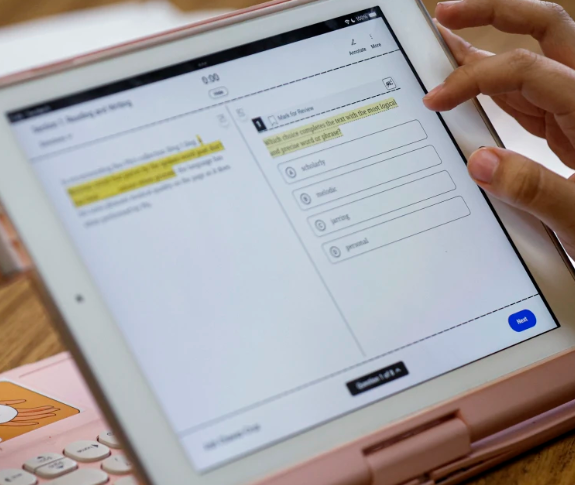
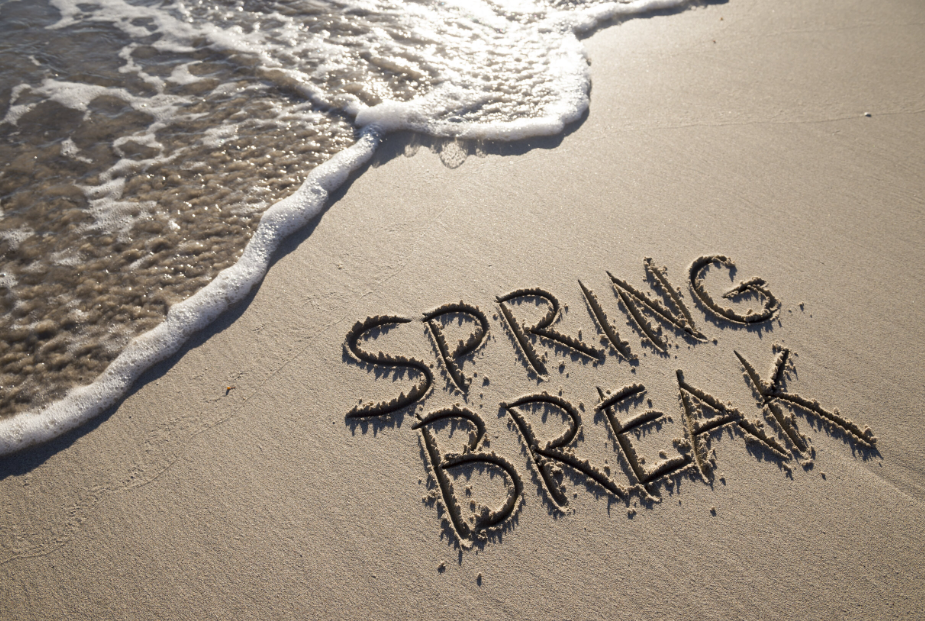




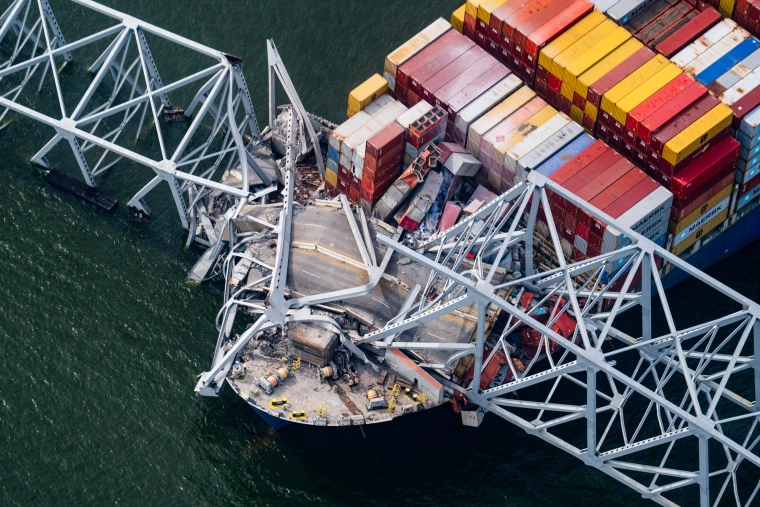

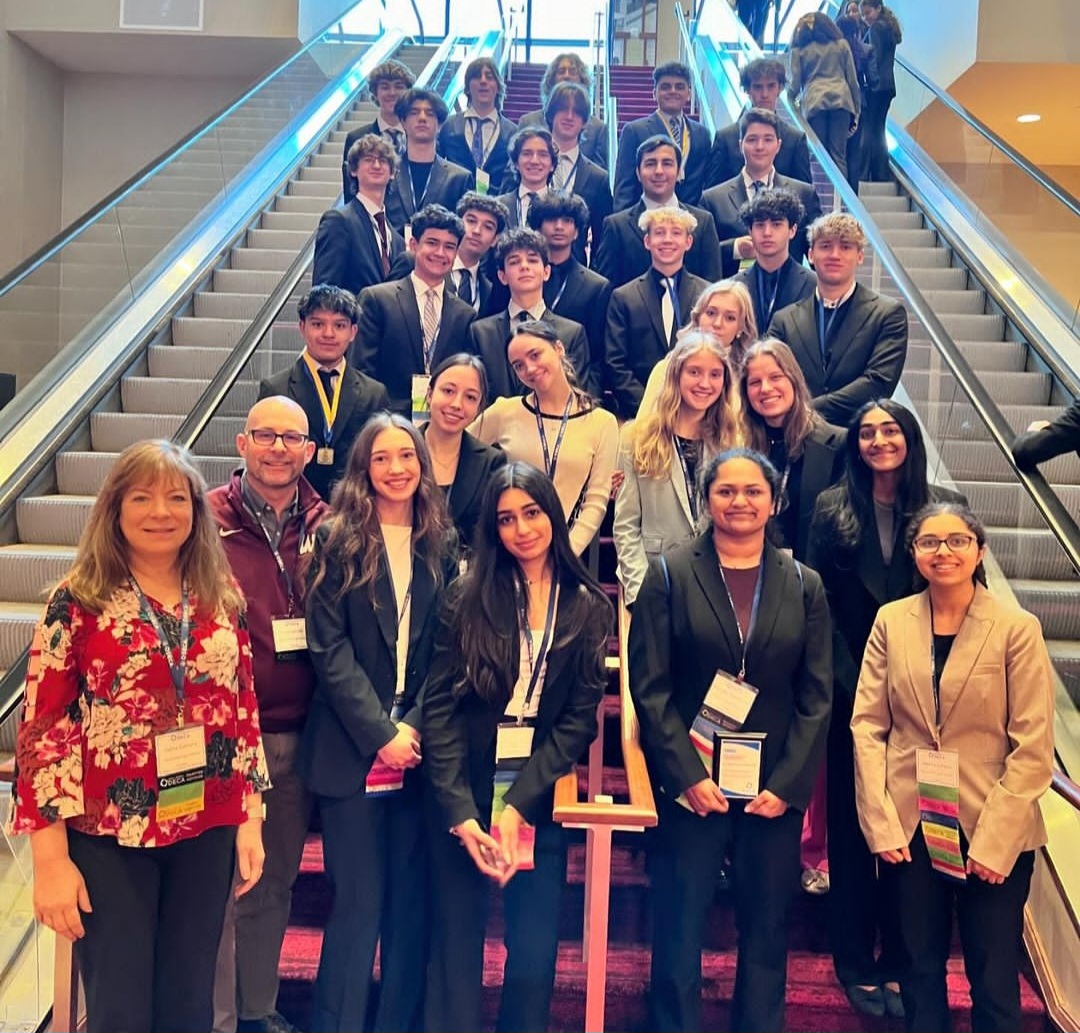
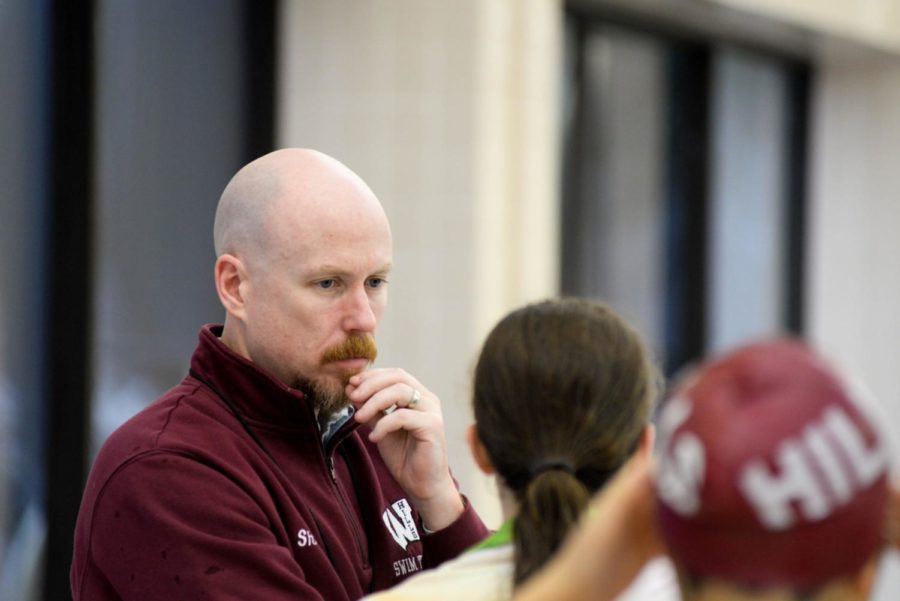

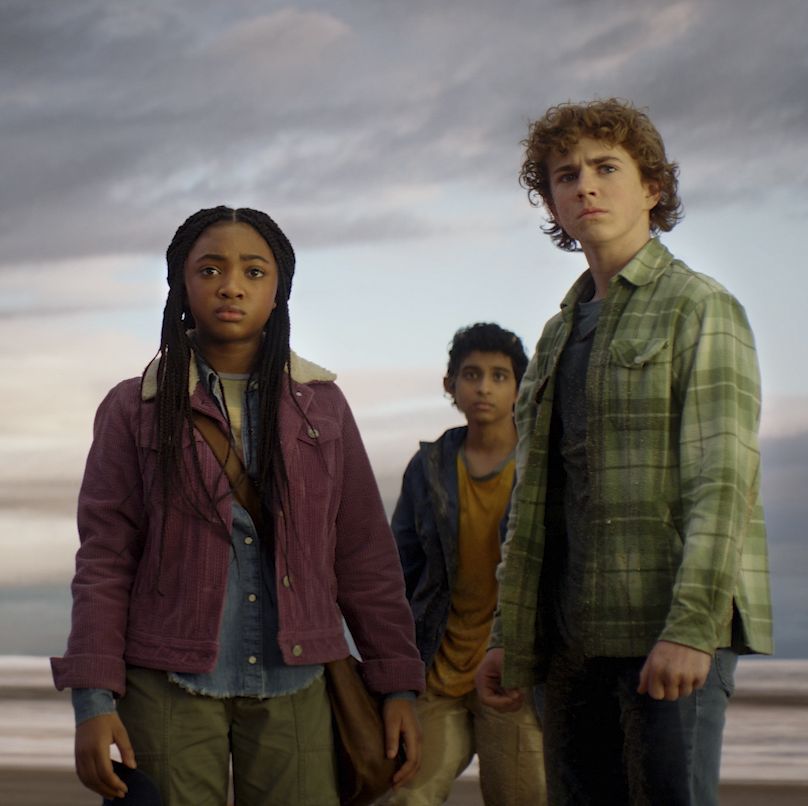

Marianna • Oct 6, 2017 at 7:33 AM
Excellent reporting on this topic, NIck. Very informative and well written. Unfortunately this is a very serious moment for Spain and Europe. Thank you for keeping us informed.
Salu2